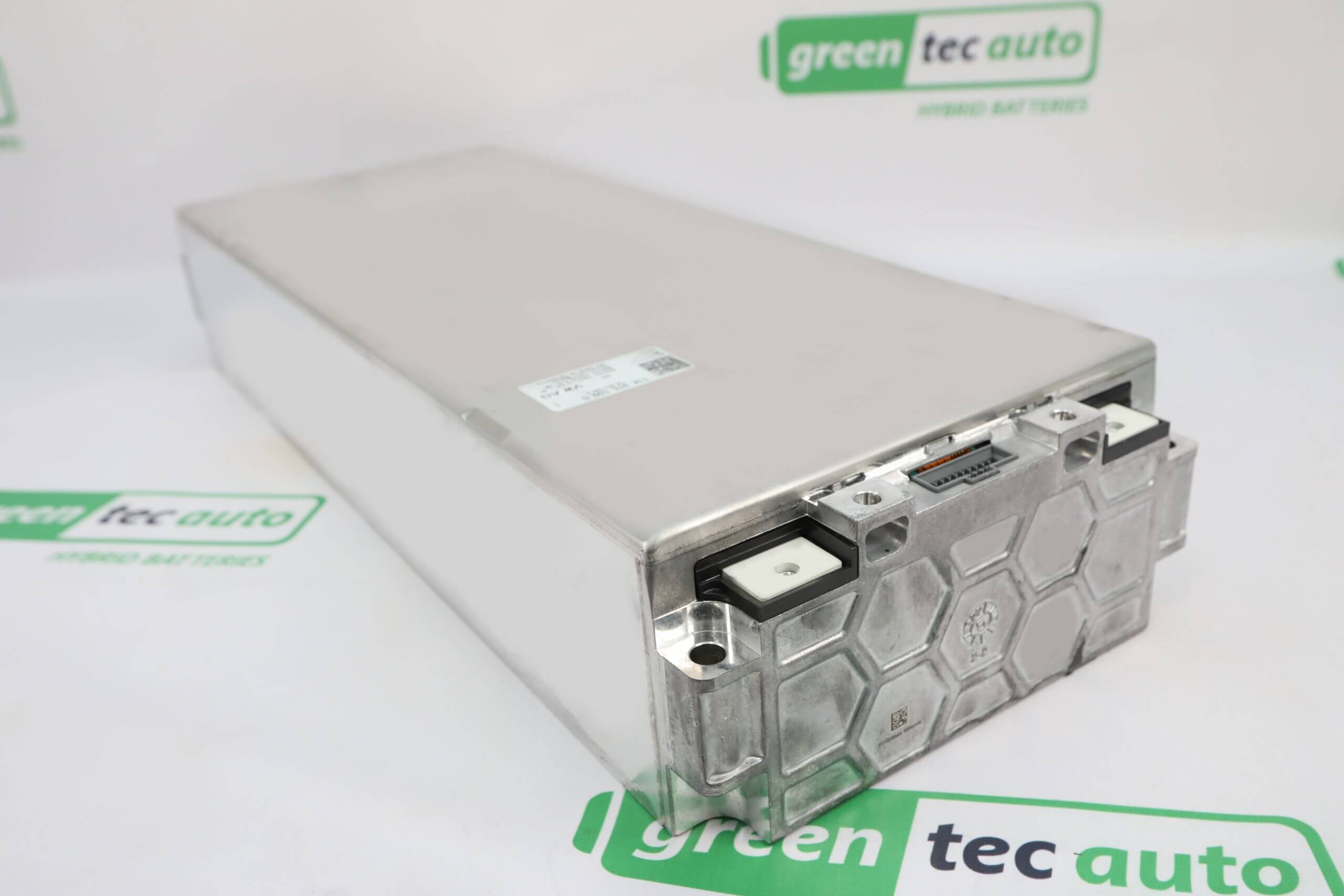I have a '21 ID4 with 36,000 miles. Its been great as a commuter car but I am starting to contemplate if it makes sense to sell while its worth something. Reason being I just don't know about repairability of battery packs and how strongly that influences resale value of aging EVs. In the event of a bad cell the best fix is to replace the whole pack. The approach of replacing a module is easier said than done perhaps because you'd have to find a module with similar age/miles/degradation. Sure we have a long battery warranty but they are just going to replace a module here and there and I'm not sure thats the long term fix. They would likely just drag me out till I fall off the warranty. Please correct me if any of this is not factual, I hope I can be corrected 
I would personally stay far away from a used EV with a ton of miles for this reason. Maybe I should go back to Toyota hybrids that are bullet proof? People buy toyota/lexus hybrids even at 100k miles knowing full well these cars easily go the distance without throwing a ton of money.
I would personally stay far away from a used EV with a ton of miles for this reason. Maybe I should go back to Toyota hybrids that are bullet proof? People buy toyota/lexus hybrids even at 100k miles knowing full well these cars easily go the distance without throwing a ton of money.








